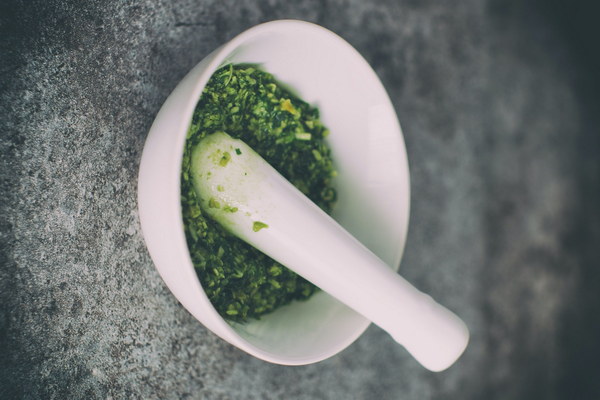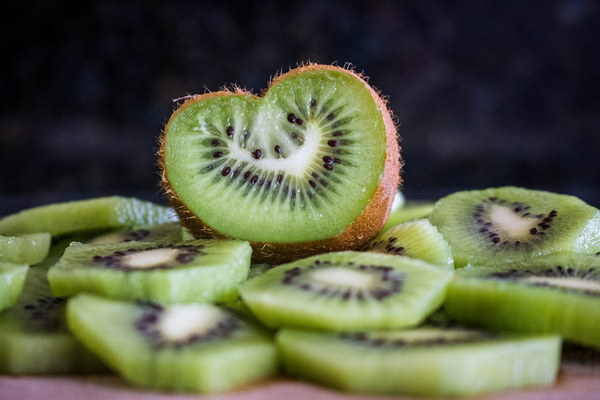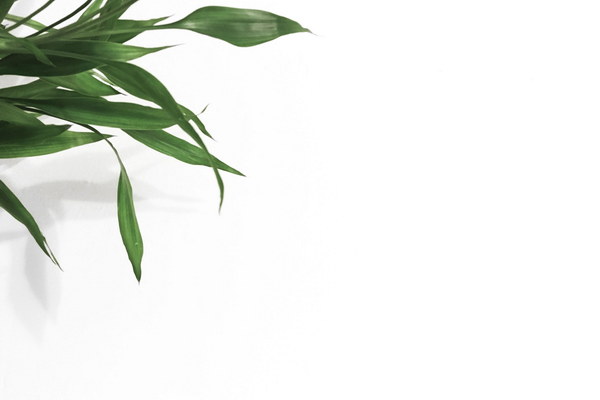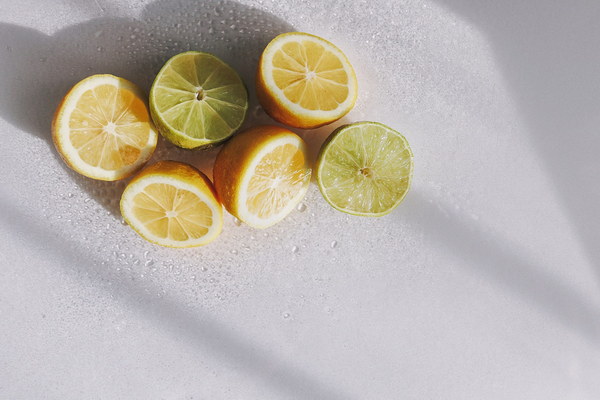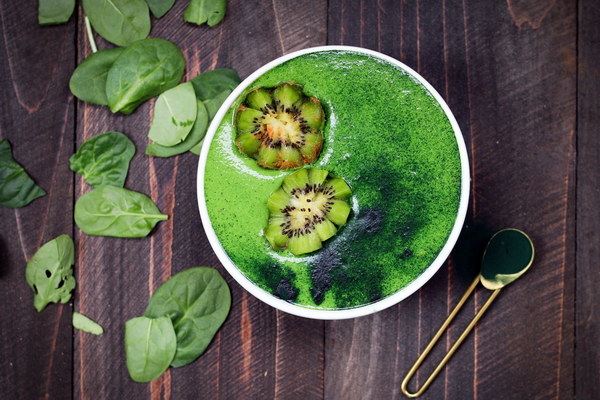The Perilous Downside of Expired Moisture-Relieving Tea A Health Alert!
In the world of traditional medicine, tea has long been revered for its myriad of health benefits. From boosting the immune system to aiding digestion, there are countless reasons to indulge in a soothing cup of tea. However, not all teas are created equal, and the case of expired moisture-relieving tea is a stark reminder of the potential dangers lurking in the seemingly innocent brew.

Moisture-relieving tea, a popular herbal concoction, is often consumed to alleviate symptoms of dampness and excess moisture in the body. Made from a blend of natural ingredients such as cinnamon, ginger, and dried tangerine peel, it is believed to promote healthy circulation and improve overall well-being. Yet, when this tea passes its expiration date, it can become a health hazard rather than a wellness elixir.
The primary concern with expired moisture-relieving tea is the risk of contamination. Over time, the tea's packaging may become compromised, allowing harmful bacteria, molds, and yeast to infiltrate the contents. While this risk is present with any expired product, the potential health consequences are particularly serious when it comes to moisture-relieving tea.
Here are some of the potential health risks associated with consuming expired moisture-relieving tea:
1. Food Poisoning: The most immediate risk is the potential for food poisoning. Bacteria such as Salmonella and E. coli can thrive in expired tea, leading to symptoms such as nausea, vomiting, diarrhea, and fever.
2. Allergic Reactions: Some individuals may have an allergic reaction to the mold or yeast present in expired tea. Symptoms may include hives, itching, and difficulty breathing.
3. Liver Damage: Certain molds can produce toxins known as aflatoxins, which have been linked to liver damage and an increased risk of cancer. Consuming tea contaminated with these toxins can have serious health implications.
4. Nutrient Loss: As tea ages, its nutritional value diminishes. This means that consuming expired moisture-relieving tea may not provide the intended health benefits and could even be counterproductive.
So, how can you avoid the perils of expired moisture-relieving tea? Here are some tips:
1. Check the expiration date: Always purchase and consume tea within the recommended shelf life. If you're unsure about the expiration date, err on the side of caution and avoid the product altogether.
2. Store tea properly: Keep tea in a cool, dry place, away from direct sunlight and heat sources. Proper storage can help extend the shelf life of the product.
3. Inspect the packaging: Before purchasing tea, examine the packaging for any signs of damage or tampering. If you notice any issues, it's best to steer clear.
4. Trust your senses: If you notice any off-odors, discoloration, or mold growth on the tea leaves or in the brewed tea, it's a clear sign that the product has expired and should not be consumed.
5. Consult with a healthcare professional: If you have any concerns about the safety of a particular tea product, don't hesitate to seek advice from a healthcare professional.
In conclusion, while moisture-relieving tea can be a beneficial addition to your wellness routine, it's crucial to be aware of the potential dangers of consuming expired products. By following these simple tips, you can enjoy the health benefits of tea while minimizing the risks associated with expired moisture-relieving tea. Remember, your health is worth the extra precautions.




